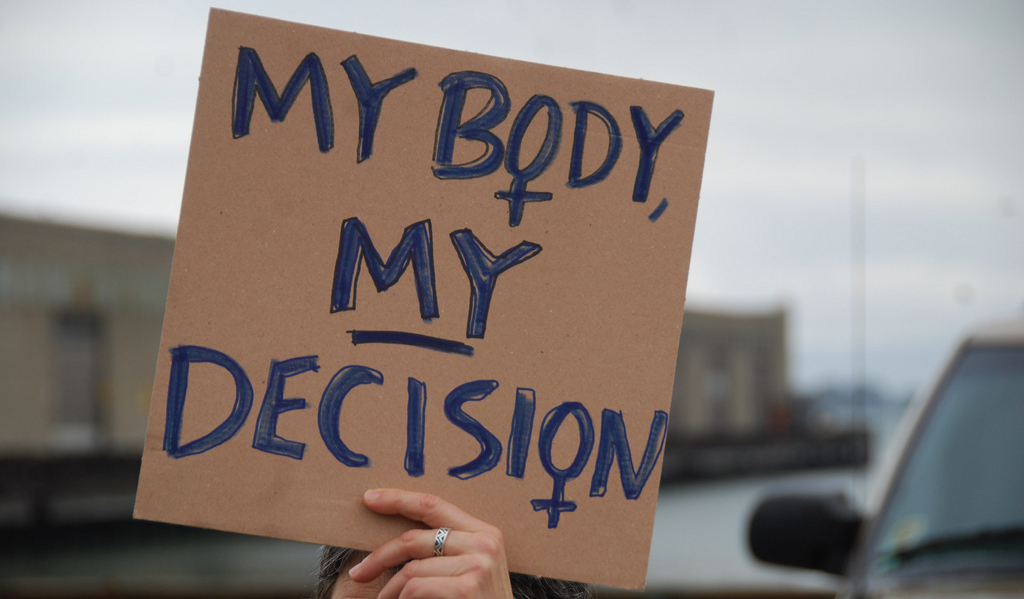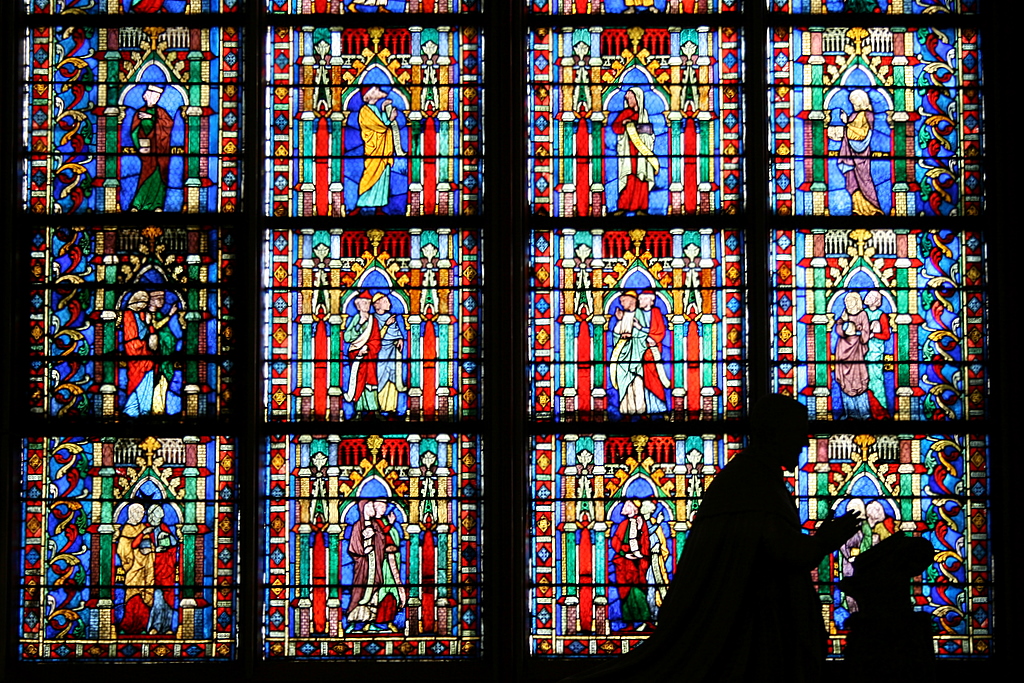
Emma C Williams casts an eye over the Irish sea, and discusses the rights of women in Europe. Photo: Steve Rhodes.
Behind every scandal lies hypocrisy and deceit. Behind the walls of a septic tank in County Galway lie hundreds of tiny skeletons, each one of them a shameful relic of man’s inhumanity to man.
St. Mary’s at Tuam was run by the Sisters of Bon Secours in the mid-20th century. Over the years they took thousands of pregnant young women, oversaw the delivery of their babies and were supposedly charged with their care. It is debatable whether the rate of infant mortality was higher at St. Mary’s than it was anywhere else across Ireland at the time; but the ghastly mass grave of 796 babies, a significant number of which were found in a sewer, shows contempt for the dignity of human life.
It is hard not to be emotive in the light of such discoveries, especially when apologists such as Caroline Farrow are prepared to waste their time and their energy on defending the indefensible. The nuns at Tuam were all part of an institution which claims to value the sanctity of life from the moment of conception. Yet conservative Catholic doctrine denied baptism to the babies of unmarried mothers, something which perhaps gave licence to their assumption that these unfortunate children were inherently worthless and undeserving of respect.
The sanctity of life is a cornerstone of Catholic doctrine; despite this, the case in Country Galway is by no means the only example of the heinous offences against women and children committed by members of the church.
Let us not forget the estimated 10,000 young women imprisoned in workhouse laundries in Ireland between the 1920s and the 1990s, a scandal which the Catholic journalist Tim Stanley thinks is greatly exaggerated. Unfortunately, it isn’t. Originally a place for “fallen women,” the workhouses imprisoned girls who fell pregnant, daughters born out of wedlock and girls who were supposedly “promiscuous” or simply considered a burden to their family. They worked for no pay, were given little or no freedom, and those who died in service were buried in unmarked graves.
Let us not forget the theft and trafficking of thousands of babies by nuns, priests and doctors in Spain, a practice which started under Franco and continued right up until the 1990s. Some of the babies were born to unmarried girls, some of them to married women with families. The mothers were told that their babies had died, and some were even shown a substitute corpse. In truth, their babies were sent to new families, some of them abroad, and many of them were sold for huge sums of money.
Let us not forget Savita Halappanavar, a 31-year-old married professional, who was admitted to hospital in Galway in the early stages of a miscarriage in October 2012. Despite her condition, her request for an abortion on medical grounds was denied and she died of septicaemia one week later.
Sadly, Catholicism is not the only religious institution which continues to interfere with the reproductive rights of women. While the landmark decision leading to the legalisation of abortion in the test case of Rose vs. Wade still stands, the evangelical pro-life movement in the US continues to grow at an alarming rate. Several states including Wisconsin, Texas and Alabama have made subtle but significant moves towards reducing access for women in recent years, and many Americans are now forced to travel hundreds of miles for a termination, assuming they can afford the journey.
To deny women autonomy over their own bodies is an aberration most commonly driven by religious dogma, and I suspect it will be some time before religion stops blaming women for all the world’s ills. Until we can break free from the tenets of these archaic and patriarchal institutions, we will continue to be controlled by them.
